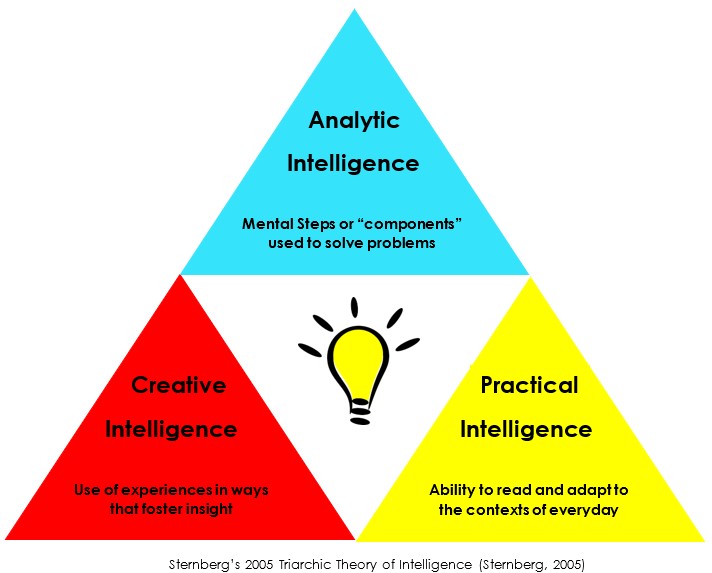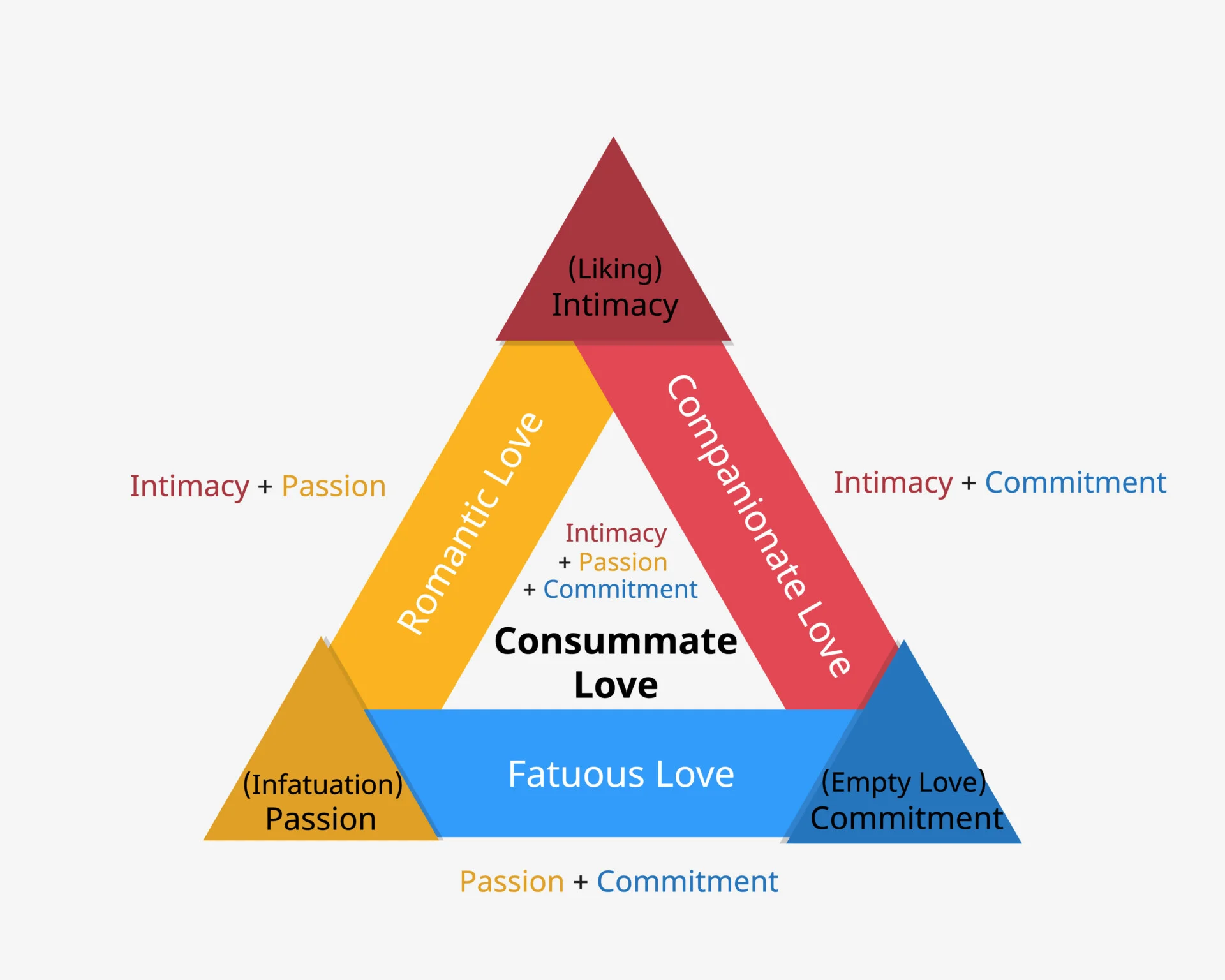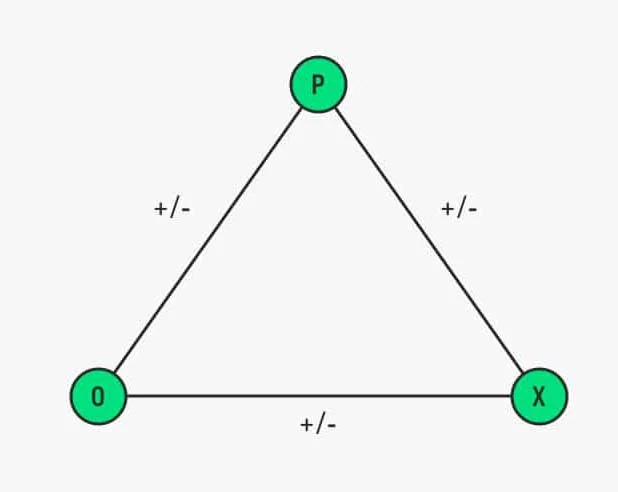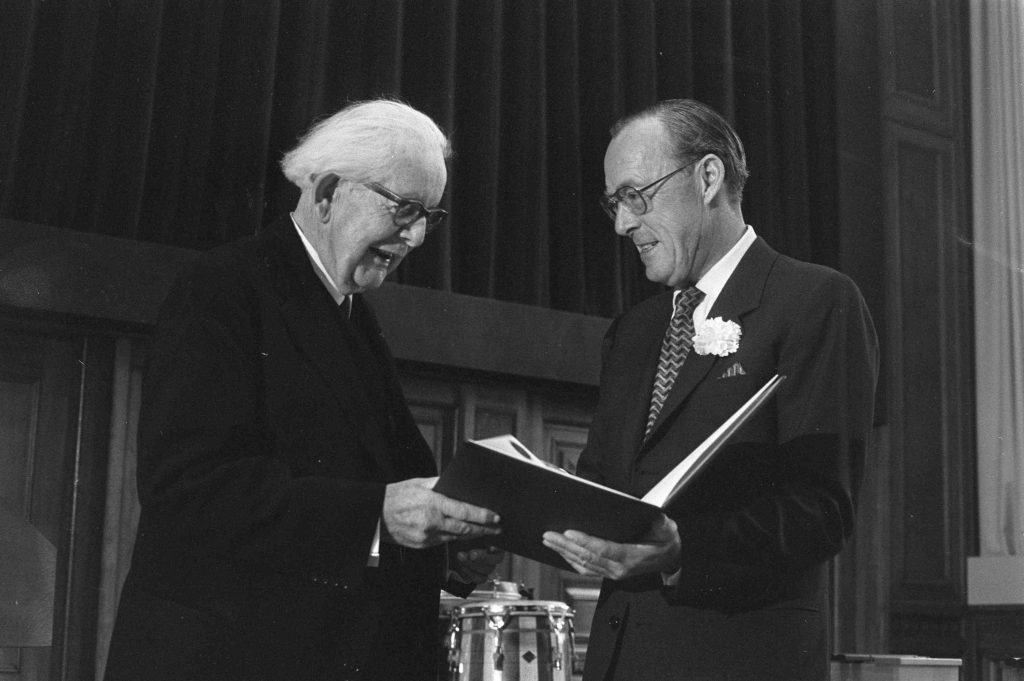Contents
Introduction
Robert Sternberg is a renowned American psychologist and professor known for his contributions to the fields of intelligence, creativity, wisdom, love, and cognitive styles. Sternberg’s work has significantly advanced our understanding of human intelligence and the processes underlying creative and practical thinking. His triarchic theory of intelligence and his work on love and relationships have had a profound impact on psychology, education, and public policy. Sternberg’s research has redefined how we conceptualize and measure intelligence, emphasizing the importance of practical and creative abilities alongside analytical skills.

In this article, we will examine Robert Sternberg’s influential contributions to psychology, focusing on his triarchic theory of intelligence, his research on creativity, wisdom, and love, and how his work has reshaped our understanding of intelligence, education, and public policy.
Early Life and Education
Robert Jeffrey Sternberg was born on December 8, 1949, in Newark, New Jersey. Growing up, Sternberg struggled with test anxiety, which affected his academic performance. This personal challenge sparked his interest in understanding intelligence and cognitive processes. Sternberg’s experiences with anxiety and learning difficulties fueled his desire to help others facing similar challenges, shaping his future research and professional path.
Image Source: scottbarrykaufman.com

His personal experiences with academic struggles and test anxiety motivated him to explore the nature of intelligence and the factors that influence academic performance and success.
Educational Journey
| Aspect | Details |
| Early Education | Sternberg attended local schools in Newark, where he developed an interest in psychology and human behavior. |
| Yale University | Sternberg earned his Bachelor of Arts degree in Psychology in 1972. |
| Stanford University | Sternberg pursued his Ph.D. in Psychology, focusing on intelligence and cognitive psychology, completing his dissertation under the supervision of Gordon Bower in 1975. |
| Academic Career | After completing his doctorate, Sternberg held academic positions at various institutions, including Yale University, Tufts University, and Cornell University, where he has served as a professor and administrator. |
Timeline of Early Influences
| Aspect | Details |
| Gordon Bower | Bower’s work on memory and cognitive psychology significantly influenced Sternberg’s approach to understanding intelligence. |
| L. L. Thurstone | Thurstone’s research on primary mental abilities provided a foundation for Sternberg’s exploration of the multifaceted nature of intelligence. |
| Jean Piaget | Piaget’s theories on cognitive development influenced Sternberg’s understanding of intellectual growth and development. |
| Howard Gardner | Gardner’s theory of multiple intelligences inspired Sternberg’s work on practical and creative intelligence. |
Major Theories and Works

Triarchic Theory of Intelligence
Robert Sternberg is best known for his Triarchic Theory of Intelligence, which posits that intelligence comprises three components:
- Analytical Intelligence: Refers to the capacity to critically analyze, evaluate, and compare information. It involves logical reasoning, problem-solving skills, and the ability to break down complex problems into manageable parts.
- Creative Intelligence: Involves the ability to think outside the box, generate innovative ideas, and approach problems in novel ways. Creative intelligence is not just about artistic expression; it also includes the capacity to see connections between seemingly unrelated concepts,
- Practical Intelligence: Refers to the ability to apply knowledge and skills effectively in real-world contexts. This type of intelligence is often described as “street smarts” or common sense and involves the ability to adapt to changing circumstances, manage everyday tasks, and make sound decisions in daily life.
Image Source: thefont.co.za

Triangular Theory of Love
Sternberg’s Triangular Theory of Love describes love as comprising three components:
- Intimacy: Refers to feelings of closeness, connectedness, and bondedness that form the emotional foundation of a relationship. It involves deep emotional sharing, mutual understanding.
- Passion: Involves the drives that lead to romance, physical attraction, and sexual consummation, fueling the excitement and intensity in a relationship.
- Commitment: Represents the decision to love someone and maintain that love over time, providing stability and long-term orientation in a relationship. Commitment is the conscious choice to stay invested in the relationship, working through challenges and continuing to build a life together, even as passion and intimacy may fluctuate.
Image Source: simplypsychology.org

Balance Theory of Wisdom
Balance Theory of Wisdom is a framework developed by Robert Sternberg that emphasizes the integration of various interests to achieve the common good. According to Sternberg, wisdom involves making decisions that balance personal, interpersonal, and societal needs across both short- and long-term perspectives. Key elements include:
- Interpersonal, Intrapersonal, and Extrapersonal Balance: Wisdom requires the consideration and balancing of one’s own interests (intrapersonal), the interests of others (interpersonal), and broader societal or environmental interests (extrapersonal).
- Ethical and Practical Reasoning: Sternberg’s theory underscores the importance of applying ethical principles and practical judgment in decision-making to address complex and ambiguous situations.
- Promoting Human Flourishing: The ultimate goal of wisdom, according to this theory, is to foster well-being and human flourishing, guiding individuals to act in ways that contribute to the common good
Image Source: simplypsychology.org
Psychologists Influenced by Sternberg

- Howard Gardner – Gardner’s theory of multiple intelligences and his focus on diverse cognitive abilities have been influenced by Sternberg’s triarchic theory and emphasis on practical and creative intelligence (Gardner, 1983).
- Linda Gottfredson – Gottfredson’s research on the role of intelligence in social stratification and her critique of traditional IQ tests have been shaped by Sternberg’s broader conceptualization of intelligence (Gottfredson, 1997).
- David Perkins – Perkins’s work on thinking and creativity has been influenced by Sternberg’s theories on intelligence and cognitive styles, emphasizing the importance of practical and creative thinking (Perkins, 1995).
- Elena Grigorenko – Grigorenko’s research on intelligence, learning disabilities, and cross-cultural studies of cognitive abilities has been shaped by Sternberg’s triarchic theory and his focus on successful intelligence (Grigorenko, 2000).
- Joseph Renzulli – Renzulli’s work on gifted education and his three-ring conception of giftedness have been influenced by Sternberg’s emphasis on creative and practical skills as components of intelligence (Renzulli, 2005).
Impact on Psychology
- Contributions to Related Fields: Sternberg’s interdisciplinary approach has extended his influence to areas such as education, organizational behavior, and public policy. His insights into intelligence and cognitive processes have informed educational practices, leading to the development of more comprehensive assessment tools and teaching methods that recognize diverse cognitive abilities. In organizational behavior, Sternberg’s work on practical intelligence and leadership has influenced training programs and management strategies. His research has also informed public policy initiatives aimed at enhancing educational equity and promoting lifelong learning.
Legacy and Influence
Long-Term Impact
Robert Sternberg’s legacy endures through his lasting contributions to psychology, education, and organizational behavior. His pioneering work on intelligence, creativity, and love has laid the foundation for numerous subsequent theories and research. Sternberg’s emphasis on understanding the multifaceted nature of human capabilities continues to influence contemporary research and practice. His ability to communicate complex scientific ideas to both academic and public audiences has made him a key figure in promoting cognitive literacy and fostering dialogue on critical issues.
Recognition and Honors
Sternberg has received numerous accolades and recognition for his work. He has been a frequent speaker at academic conferences and public forums, and his books have received critical acclaim and widespread readership. Sternberg’s contributions to psychology and education have been acknowledged through various awards and honors, including the James McKeen Cattell Fellow Award from the Association for Psychological Science and the Grawemeyer Award in Psychology. His efforts to promote a comprehensive understanding of intelligence and cognitive processes have been widely celebrated.
Criticism and Controversies
While Robert Sternberg has garnered significant recognition for his contributions to psychology and education, his work has not been without criticism. Some argue that the broad conceptualization of intelligence in his triarchic theory may lack the precision needed for rigorous scientific measurement. Additionally, the empirical validation of the constructs within Sternberg’s theories has been questioned, with critics calling for more robust testing and validation. Despite these criticisms, Sternberg’s commitment to promoting a comprehensive understanding of intelligence and cognitive processes continues to inspire debate and further investigation in the fields of psychology and beyond.
Conclusion
Robert Sternberg’s life and work have profoundly shaped the fields of psychology, education, and organizational behavior. His theories on intelligence, creativity, love, and wisdom offer valuable insights into human capabilities and relationships. By emphasizing the importance of understanding and developing diverse cognitive abilities, Sternberg has provided a comprehensive framework for enhancing personal and professional success. As his legacy continues to unfold, Sternberg’s contributions to psychology, education, and public engagement will likely inspire future generations of researchers, educators, and practitioners.
Bibliography
- [1] Gardner, H. (1983). Frames of Mind: The Theory of Multiple Intelligences. New York: Basic Books.
- [2] Gottfredson, L. S. (1997). Mainstream science on intelligence: An editorial with 52 signatories, history, and bibliography. Intelligence, 24(1), 13-23.
- [3] Grigorenko, E. L. (2000). The nature-nurture debate in the context of cognitive development. Journal of Cognitive Education and Psychology, 1(3), 177-192.
- [4] Perkins, D. N. (1995). Outsmarting IQ: The Emerging Science of Learnable Intelligence. New York: The Free Press.
- [5] Renzulli, J. S. (2005). The three-ring conception of giftedness: A developmental model for promoting creative productivity. In R. J. Sternberg & J. E. Davidson (Eds.), Conceptions of Giftedness (2nd ed.). New York: Cambridge University Press.
- [6] Sternberg, R. J. (1985). Beyond IQ: A Triarchic Theory of Human Intelligence. New York: Cambridge University Press.
- [7] Sternberg, R. J. (1988). The Triarchic Mind: A New Theory of Human Intelligence. New York: Viking.
- [8] Sternberg, R. J. (1996). Successful Intelligence. New York: Simon & Schuster.
- [9] Sternberg, R. J. (1998). Love is a Story: A New Theory of Relationships. New York: Oxford University Press.
- [10] Sternberg, R. J. (2003). Wisdom, Intelligence, and Creativity Synthesized. New York: Cambridge University Press.






